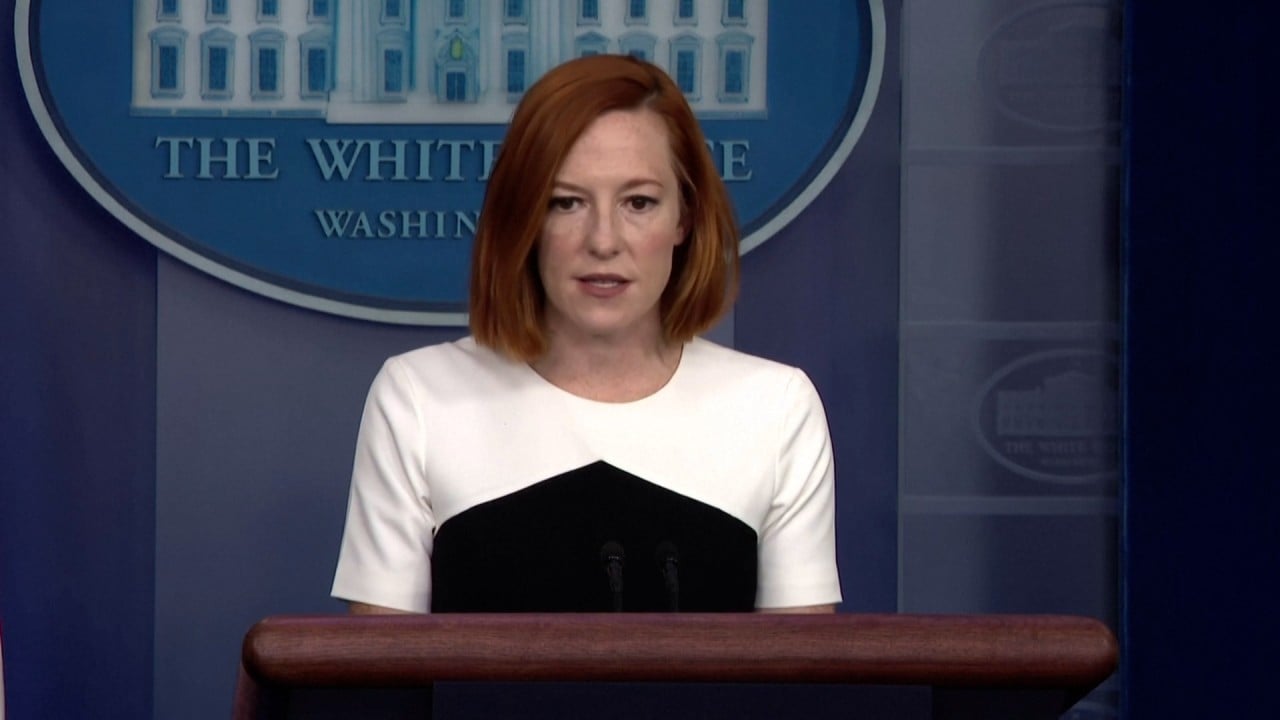Explainer | US decision to boycott Winter Olympics is a rare move. But what does it mean, and will it actually achieve anything?
- The International Olympic Committee said it ‘fully respected’ each government’s stance on sending officials or diplomats to the Games
- Previous boycotts, such as the one seen in the 1980 Moscow Olympics, allowed athletes to compete under the Olympic flags or those of their National Olympic Committees

02:29
US announces diplomatic boycott of Beijing Winter Olympics, expects other countries to follow
The confirmation that the United States was going ahead with its diplomatic boycott of the Winter Olympics in Beijing shocked the international community, largely because boycotts of the landmark sporting event have been rare.
Washington’s stance means it will not send top officials to Beijing, in protest against China’s human rights record, but athletes will still compete. This approach contrasts starkly with the last time the US boycotted the Games, when it declined to send any delegation to the Summer Olympics in Moscow in 1980.
Such official withdrawals often point to larger political disputes between countries, and do not always involve the host nation. New Zealand had previously said it would not be sending officials to the Games, and Lithuania said it would not be attending, although it stressed the “huge difference” between that and a boycott.
But what effect this will all actually have in the long run remains to be seen.
What has the reaction been?
On Tuesday, Chinese foreign ministry spokesman Zhao Lijian denounced the decision, stating the US “will pay the price for its wrongdoing”.
